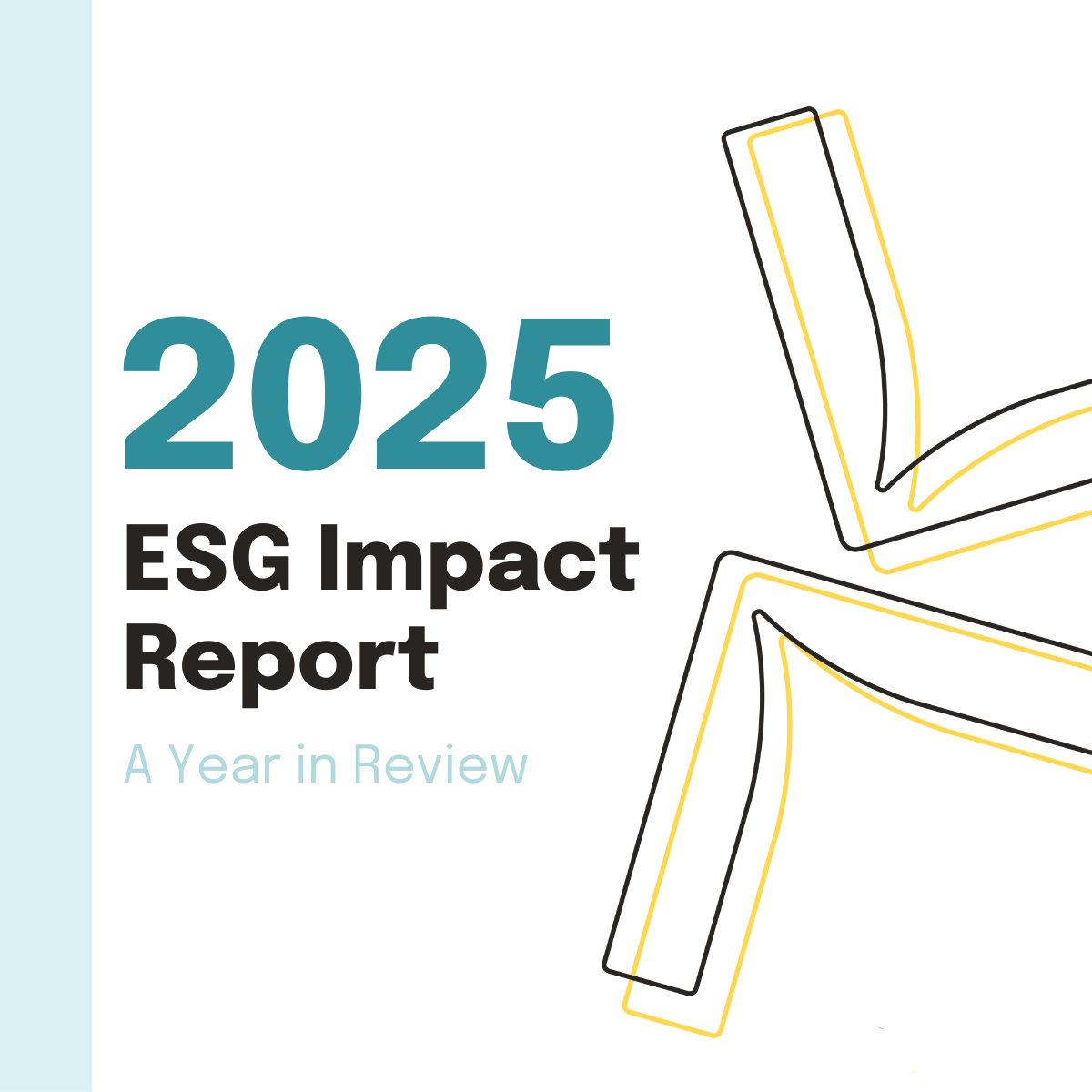The Privacy Act Review Report
After over two years of extensive consultation and review, the Attorney-General’s Department released its Privacy Act Review Report.

What’s happening?
After over two years of extensive consultation and review, the Attorney-General’s Department released its Privacy Act Review Report on 16 February 2023. In assessing whether the Privacy Act 1988 (Cth) continues to be fit for purpose in an increasingly digital and data driven economy, the report made 116 specific recommendations and signals the Department’s appetite for reform. Consultation on the report is now closed and we’re awaiting the Government’s response.
Why does it matter?
The report’s proposals are significant and, if implemented, would represent comprehensive reform to the Privacy Act. By enhancing individual rights, distinguishing between controllers and processors, introducing a new statutory tort, and providing tighter governance on digital data handling (among other stuff!), the proposed reforms would materially impact how APP entities can collect and handle personal information. If you run a business in Australia, it will be very important to understand how your privacy and data collection obligations may change, and to consider what can be done now to prepare for the likely shift towards increased protections.
Removal of the Small Business Exemption
Proposal 6 of the report recommends the removal of the small business exemption to improve privacy protections across the entire economy.
Here’s what we think: the removal of the small business exemption would mean more consistent and robust privacy protections across the economy, however the compliance burden for small businesses would be material and potentially very costly. Ideally, if the exemption is scrapped, some differentiation would still exist under the Privacy Act to establish more proportional expectations of smaller businesses – so that the local milk bar does not have the same compliance burden as a large ASX company. For now though, small businesses should be taking the time to start getting across the basics and mapping out what personal information they collect and why.
Narrowing the Political Exemption
Proposal 8 of the report recommends narrowing the current political exemption so that political entities are more accountable for how they handle personal information.
Here’s what we think: there’s a difficult balance to strike here between privacy and freedom of political communication. However, we agree with most submissions that the breadth of the current exemption is not justified. We also think that greater transparency around the handling of voters’ personal information is a reasonable expectation, considering the potential scale of collections and the spate of large-scale data breaches over the past year.
Increased Regulation for Employee Records
Proposal 7 of the report recommends broader regulation of the handling of employee records by private sector employers.
Here’s what we think: there’s been some uncertainty for this exemption since the FWC decision in Lee v Superior Wood (2019), and so legislative clarity will be helpful for employers. The proposed reforms would also reduce what’s currently a clear gap in protection for employee personal information (which hasn’t been filled by workplace legislation, as was anticipated). The targeted regulation being proposed, rather than scrapping the exemption entirely, therefore seems a sensible choice.
Stricter Consent Requirements
Proposal 11 of the report proposes changes geared at improving the quality of consent and enabling individuals to revoke it.
Here’s what we think: while the proposed reforms are a push towards the stricter requirements of the GDPR, they don’t contain an equivalent proposal that consent be expressed via an affirmative action or statement (and so implied consent may be sufficient, if other requirements are met). In any event though, the proposed changes would require a major review and overhaul of consent processes for many Australian businesses, and new processes to enable compliance with consent revocation.
Right to Erasure
Proposal 18.3 of the report proposes a new right of erasure, giving individuals the ability to request deletion of their personal information held by APP entities.
Here’s what we think: it’s pretty likely this proposal will be implemented (even if others are not), and we’d suggest businesses start getting ready by sufficiently data mapping the PII they hold. A good data map will identify what and how PII and data is currently collected, stored, used and shared and for what purposes, and is a pretty useful tool for compliance more broadly. As it would be difficult to comply with a right of erasure without one, it’s worth starting this process now.
Right to Object
Proposal 18.4 of the report proposes a right for individuals to object to an entity’s collection and handling of their personal information.
Here’s what we think: the proposal only introduces a right to challenge whether an APP entity’s handling of information complies with the Act, and does not require the entity to stop whatever is being objected to. While it wouldn’t be an absolute right, APP entities would need to be ready to justify why and how they use personal information.
Statutory Tort and Direct Right of Action
Proposals 26 -27 of the report recommend a direct right of action (actionable in federal courts), and a statutory tort for serious invasions of privacy (ideally actionable in all jurisdictions).
Here’s what we think: these reforms have been on the table (and hotly debated) for a long, long time. While they’ll increase exposure to a claim for compensation in addition to penalties imposed by the regulator, they would close a big gap by enabling individuals to initiate their own court actions. If implemented, we’d expect to see quite a few class actions kicking off (though we query how many individual plaintiff claims we’ll see, given the high cost of litigation).
Regulating Targeting and Trading
Among other things, proposals 20.2 – 20.4 recommend more comprehensive regulation of direct marketing, to expressly govern targeting and trading.
Here’s what we think: anonymised online targeting and trading are significant marketing methods these days, and it’s surprising that they still fall through a legislative loophole. While very effective, they can also be harmful – especially for children and vulnerable consumers. These reforms would materially lift the regulation of digital marketing and customer profiling, and will need to be carefully worked through by businesses (another one that’s worth looking at now).
Differentiating ‘High Risk’ Practices
Proposal 13 of the report proposes identification and regulation of ‘high risk’ practices.
Here’s what we think: in alignment with the GDPR, these changes will help to ensure that entities ‘think’ before they ‘do’ when engaging in high risk activities. While it will represent an initial compliance burden for businesses, undertaking a PIA is likely to reduce their overall risk exposure down the track by embedding compliance into the project design.
Data Breaches: Timing and Clarity for Notification
Proposal 28 of the report proposes to clarify and strengthen the existing NDB scheme.
Here’s what we think: recent large-scale data breaches have shown the need for tightening up the current requirements, and we expect these reforms are likely to be implemented. Get ready, as the (much) shorter timeframes and requirement for proactive steps represent significant change.
Distinction between Controllers and Processors
Proposal 22.1 of the report proposes to introduce the concept of APP controllers and APP processors into the Privacy Act.
Here’s what we think: this would be a welcome change, especially for businesses that provide software and other digital solutions within Australia, and have no direct relationship with individuals or control over how their personal information is processed. These reforms would help to clarify the obligations of controlling vs processing entities and improve the functioning / practical implementation of the Privacy Act, especially if the small business exemption is removed.




.svg)